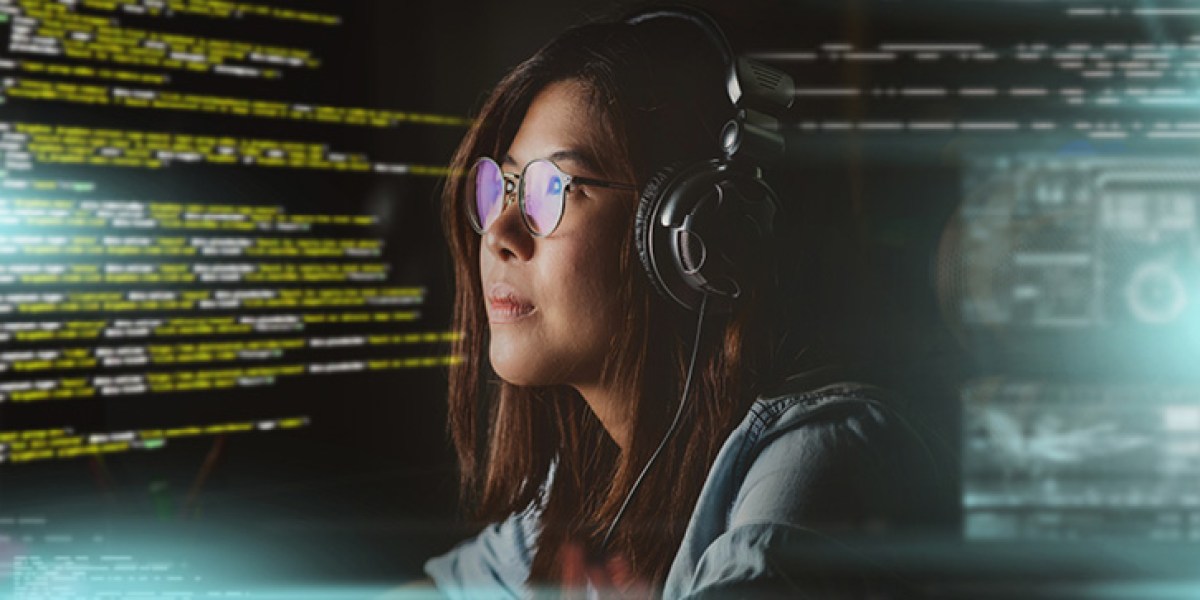This means software developers are going to become more important to how the world builds and maintains software. Yes, there are many ways their practices will evolve thanks to AI coding assistance, but in a world of proliferating machine-generated code, developer judgment and experience will be vital.
The dangers of AI-generated code are already here
The risks of AI-generated code aren’t science fiction: they’re with us today. Research done by GitClear earlier this year indicates that with AI coding assistants (like GitHub Copilot) going mainstream, code churn — which GitClear defines as “changes that were either incomplete or erroneous when the author initially wrote, committed, and pushed them to the company’s git repo” — has significantly increased. GitClear also found there was a marked decrease in the number of lines of code that have been moved, a signal for refactored code (essentially the care and feeding to make it more effective).
In other words, from the time coding assistants were introduced there’s been a pronounced increase in lines of code without a commensurate increase in lines deleted, updated, or replaced. Simultaneously, there’s been a decrease in lines moved — indicating a lot of code has been written but not refactored. More code isn’t necessarily a good thing (sometimes quite the opposite); GitClear’s findings ultimately point to complacency and a lack of rigor about code quality.
Can AI be removed from software development?
However, AI doesn’t have to be removed from software development and delivery. On the contrary, there’s plenty to be excited about. As noted in the latest volume of the Technology Radar — Thoughtworks’ report on technologies and practices from work with hundreds of clients all over the world — the coding assistance space is full of opportunities.
Specifically, the report noted tools like Cursor, Cline and Windsurf can enable software engineering agents. What this looks like in practice is an agent-like feature inside developer environments that developers can ask specific sets of coding tasks to be performed in the form of a natural language prompt. This enables the human/machine partnership.
That being said, to only focus on code generation is to miss the variety of ways AI can help software developers. For example, Thoughtworks has been interested in how generative AI can be used to understand legacy codebases, and we see a lot of promise in tools like Unblocked, which is an AI team assistant that helps teams do just that. In fact, Anthropic’s Claude Code helped us add support for new languages in an internal tool, CodeConcise. We use CodeConcise to understand legacy systems; and while our success was mixed, we do think there’s real promise here.
Tightening practices to better leverage AI
It’s important to remember much of the work developers do isn’t developing something new from scratch. A large proportion of their work is evolving and adapting existing (and sometimes legacy) software. Sprawling and janky code bases that have taken on technical debt are, unfortunately, the norm. Simply applying AI will likely make things worse, not better, especially with approaches like vibe.
This is why developer judgment will become more critical than ever. In the latest edition of the Technology Radar report, AI-friendly code design is highlighted, based on our experience that AI coding assistants perform best with well-structured codebases.



